Born from discarded seafood shells, SEAD merges tradition with innovation, offering eco-friendly pods for heirloom seeds. It’s a journey of reimagined agriculture, where waste transforms into a resource and every seed sown signifies sustainability. SEAD’s design mirrors ecological harmony and agricultural resilience, promising a greener future. Join the movement where innovation blossoms and sustainability flourishes, one seed, one pod at a time.
Designer: Mara Zimmerman
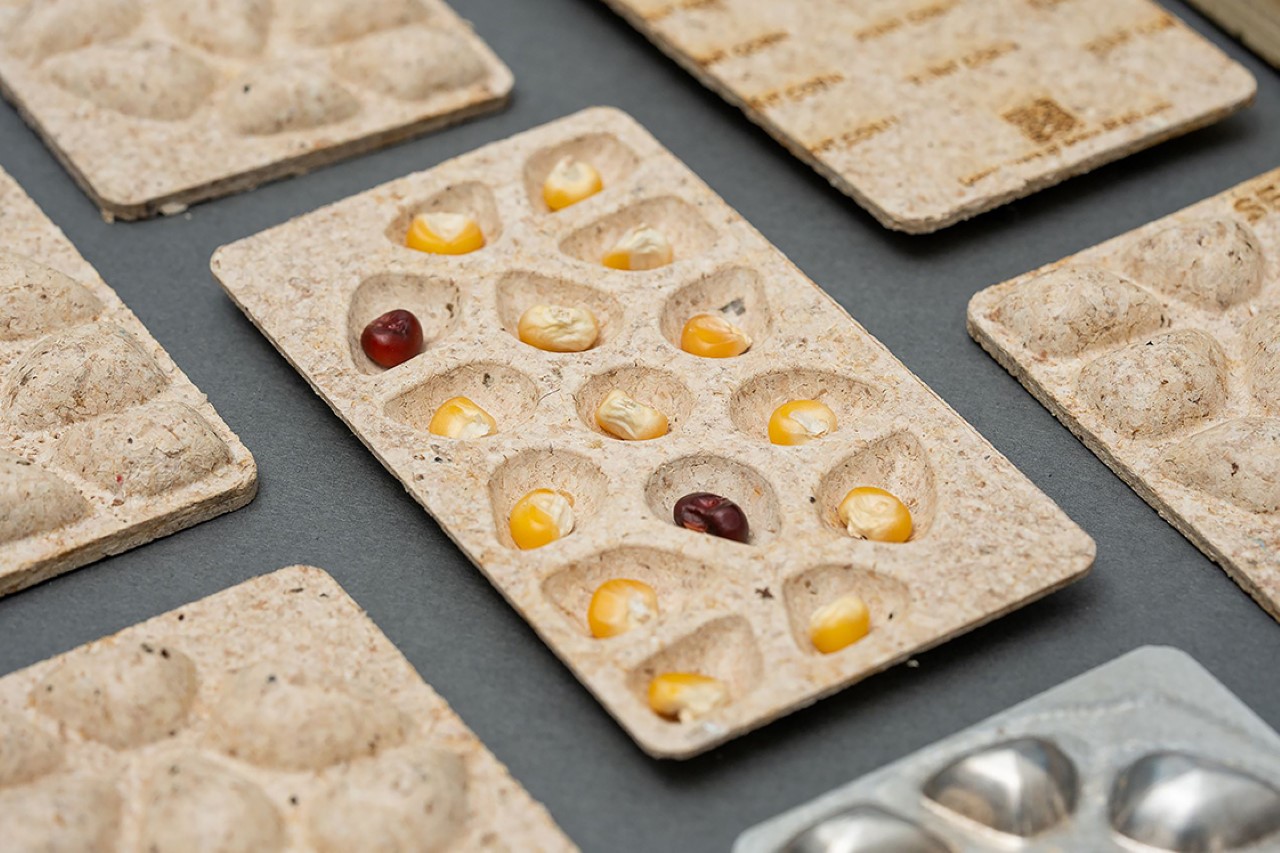
SEAD represents more than just packaging; it embodies a sustainable ethos by repurposing waste material into a valuable resource. Its inception showcases the potential of replacing virgin materials with recycled alternatives, contributing to a circular economy and reducing environmental impact.
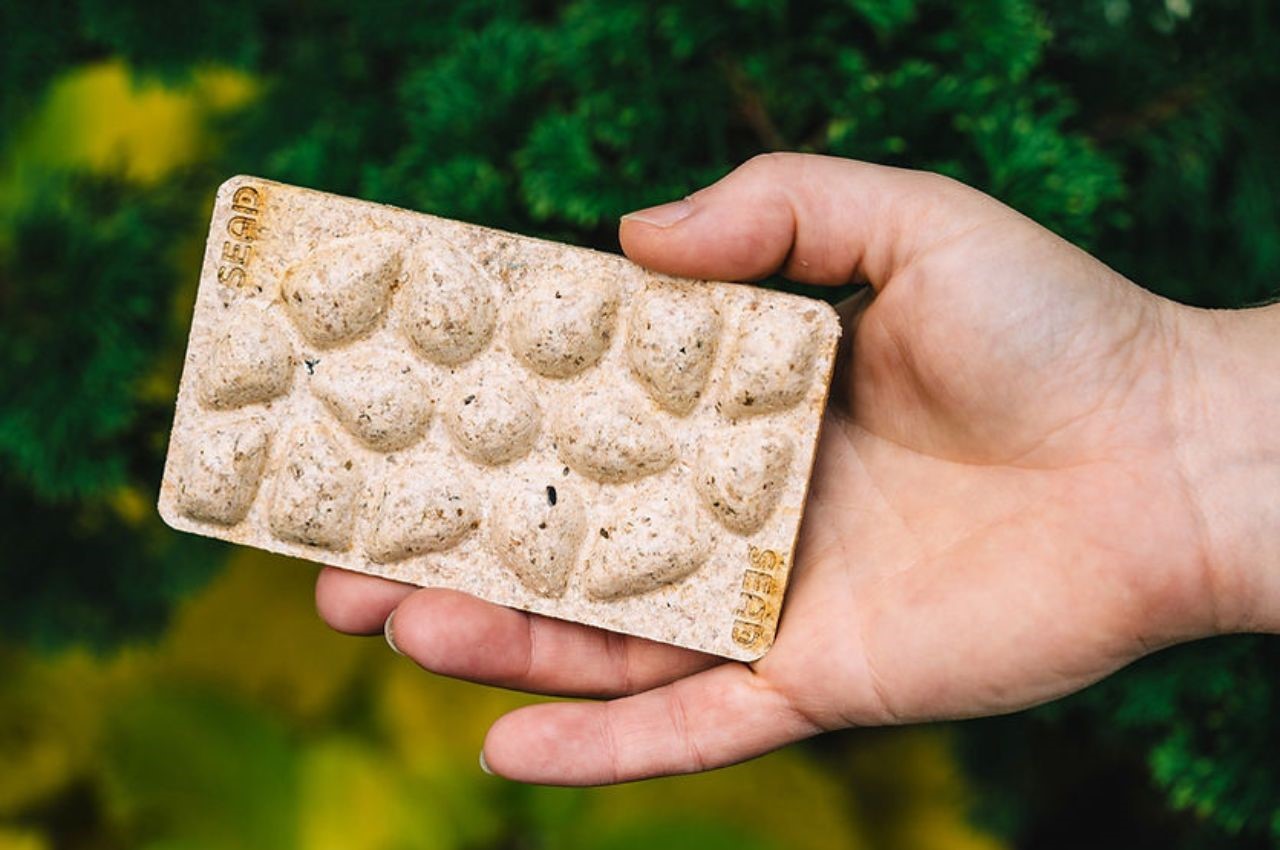
At the heart of SEAD lies the preservation of heirloom seeds, varieties passed down through generations, each carrying a rich history and cultural significance. Heirloom seeds, with their diverse traits and adaptability, play a crucial role in maintaining biodiversity and ensuring food security in the face of evolving environmental challenges.
The use of chitin (pronounced kai-tun) in SEAD packaging not only offers a sustainable alternative to traditional materials but also brings agricultural benefits. Chitin, and its derivatives, act as bio-stimulants, enhancing seed germination, and promoting crop growth. Its natural properties boost plant defenses against pests and diseases while improving water retention in adverse conditions.
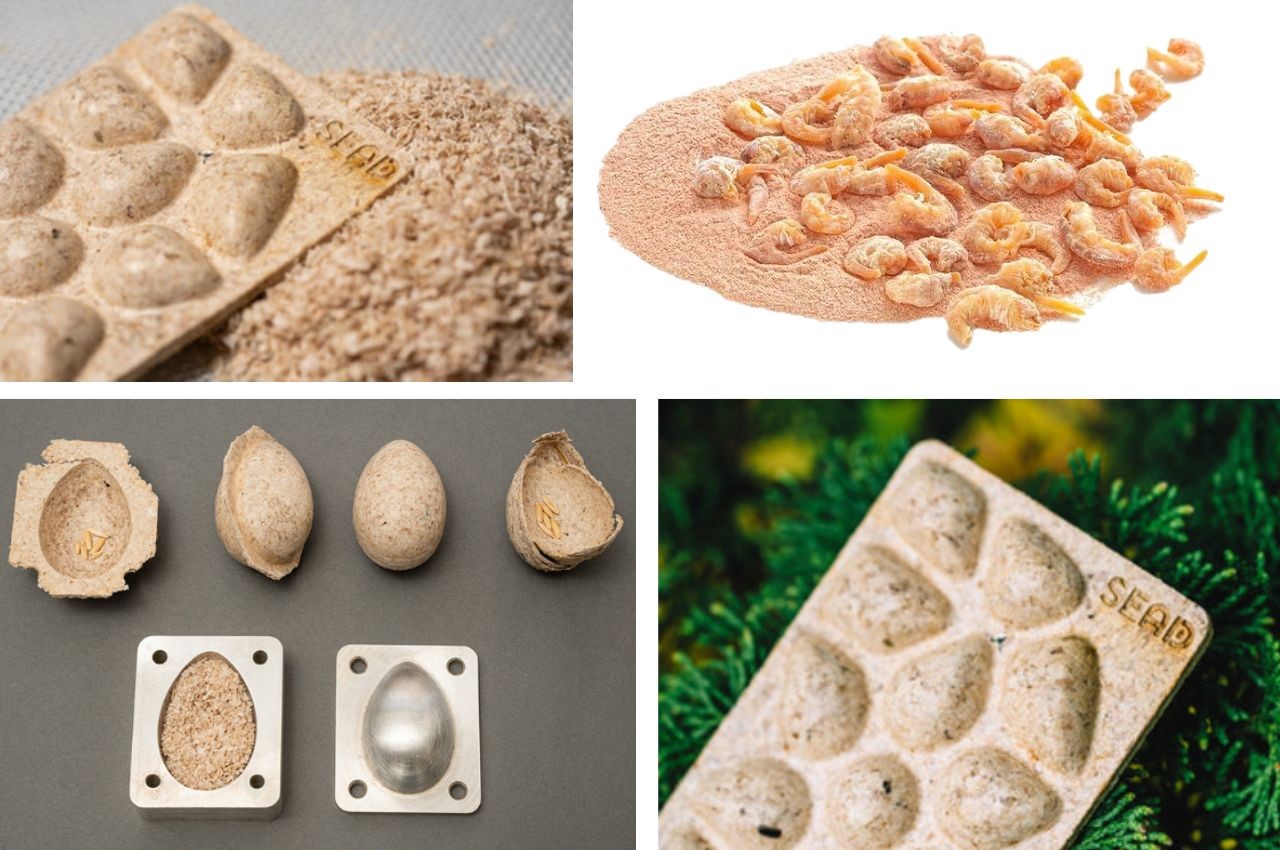
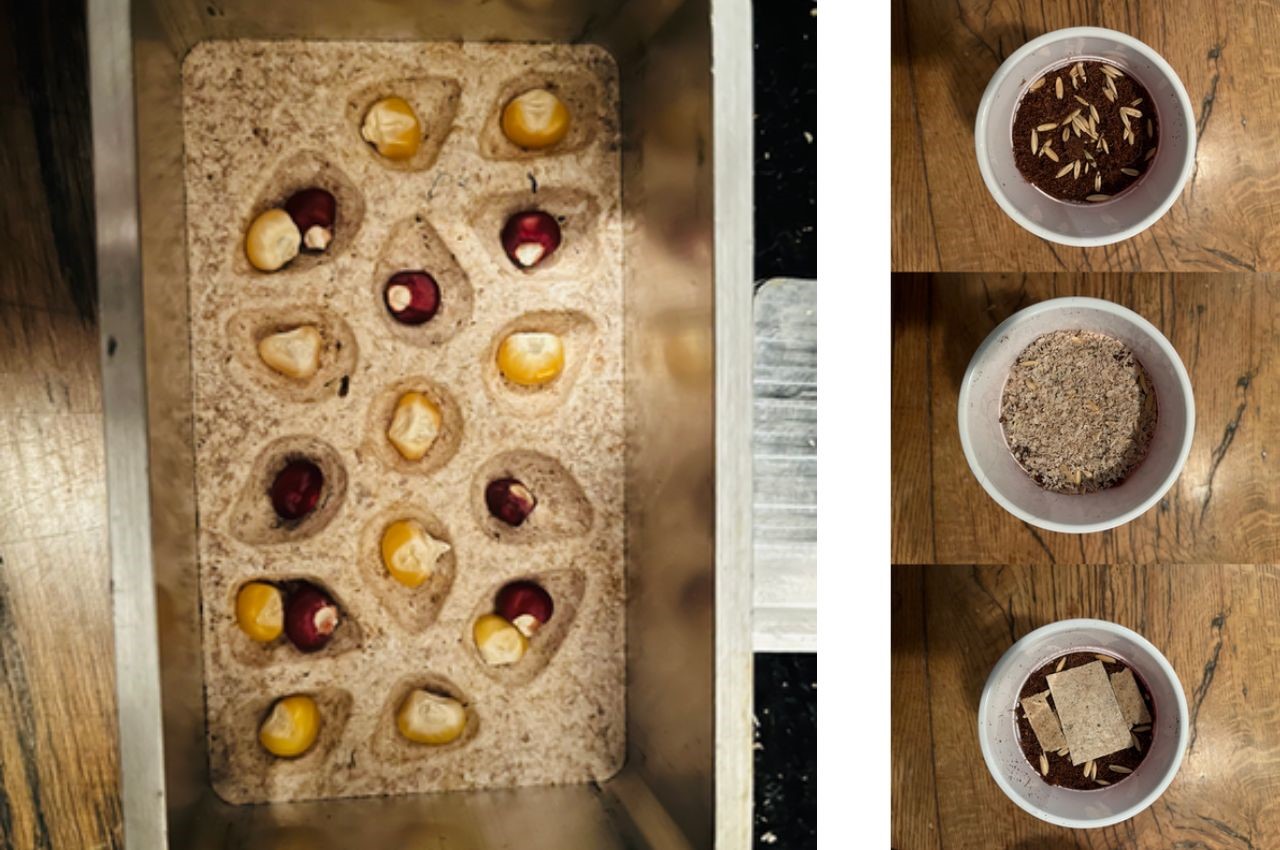
Crafted through a meticulous three-step pressing process, SEAD packaging demonstrates the remarkable self-binding ability of chitin, eliminating the need for additional agents. Laser-engraved labeling ensures traceability without the use of inks or dyes, aligning with SEAD’s commitment to sustainability.
Inspired by nature’s design, SEAD packaging mimics the structure of fruits and vegetables, providing a functional and aesthetically pleasing solution. The innovative design features creases that allow for easy tearing, enabling users to plant seeds conveniently while keeping the rest of the packaging intact.
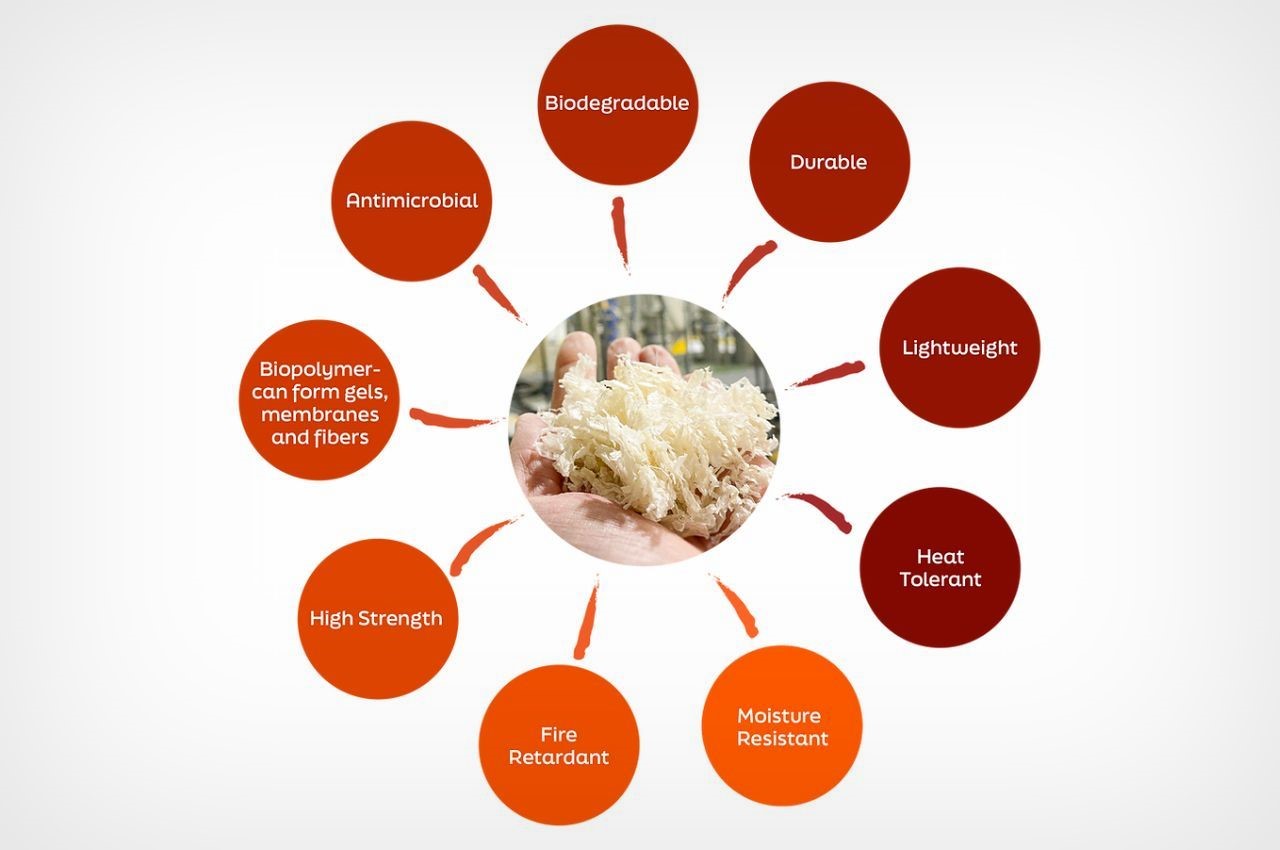
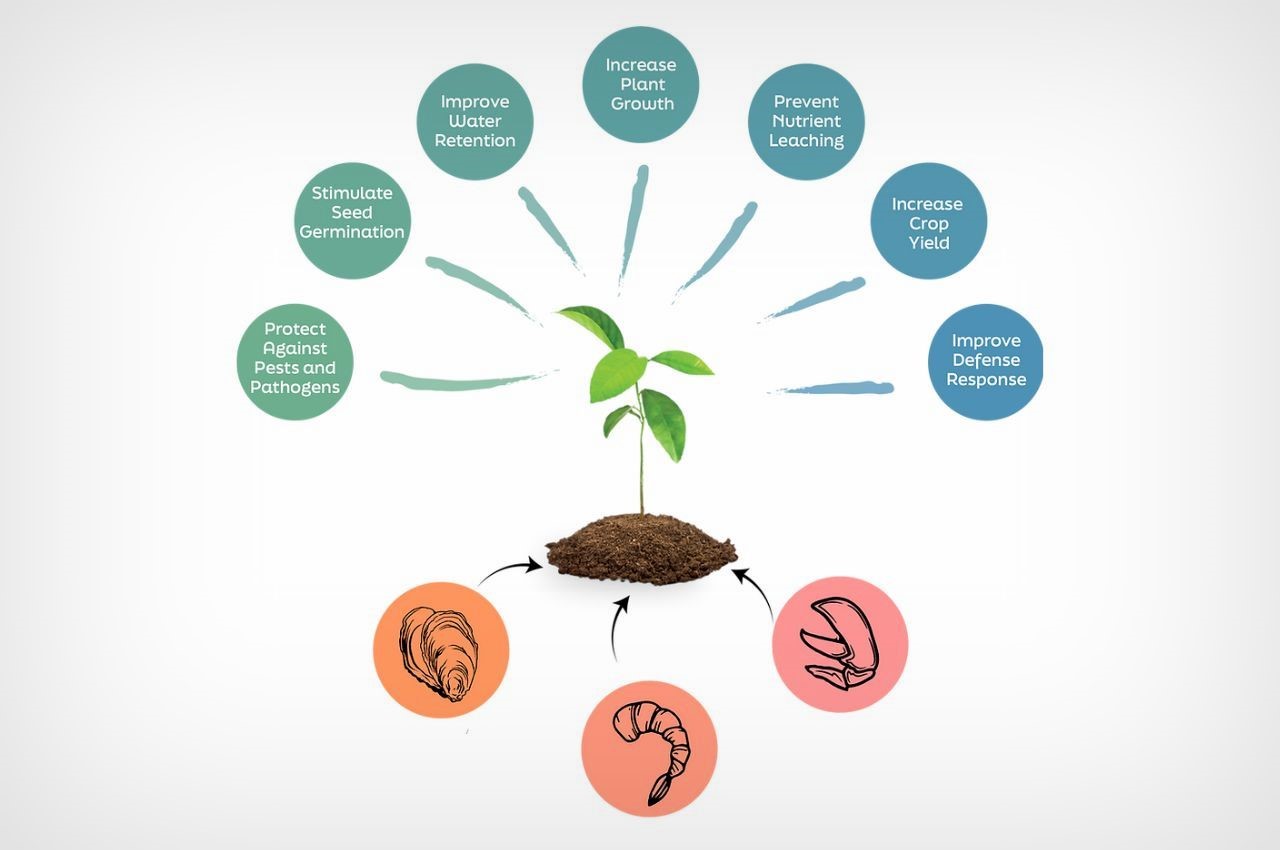
SEAD offers a holistic approach to sustainable agriculture, combining ecological principles with practical innovation. By seamlessly integrating packaging with planting, SEAD promotes zero-waste practices and fosters a deeper connection between consumers and the environment.
Just in four simple steps: Break pods along perforated lines, gently crush for better seed exposure, plant enriched seeds, and store remaining bars conveniently. These actions seamlessly integrate eco-friendly practices into gardening routines, fostering a deeper connection with the environment. Each step contributes to a greener future, promoting sustainability and preserving heirloom seeds. With SEAD, every seed sown signifies a commitment to ecological harmony and agricultural resilience, paving the way for a more sustainable tomorrow.
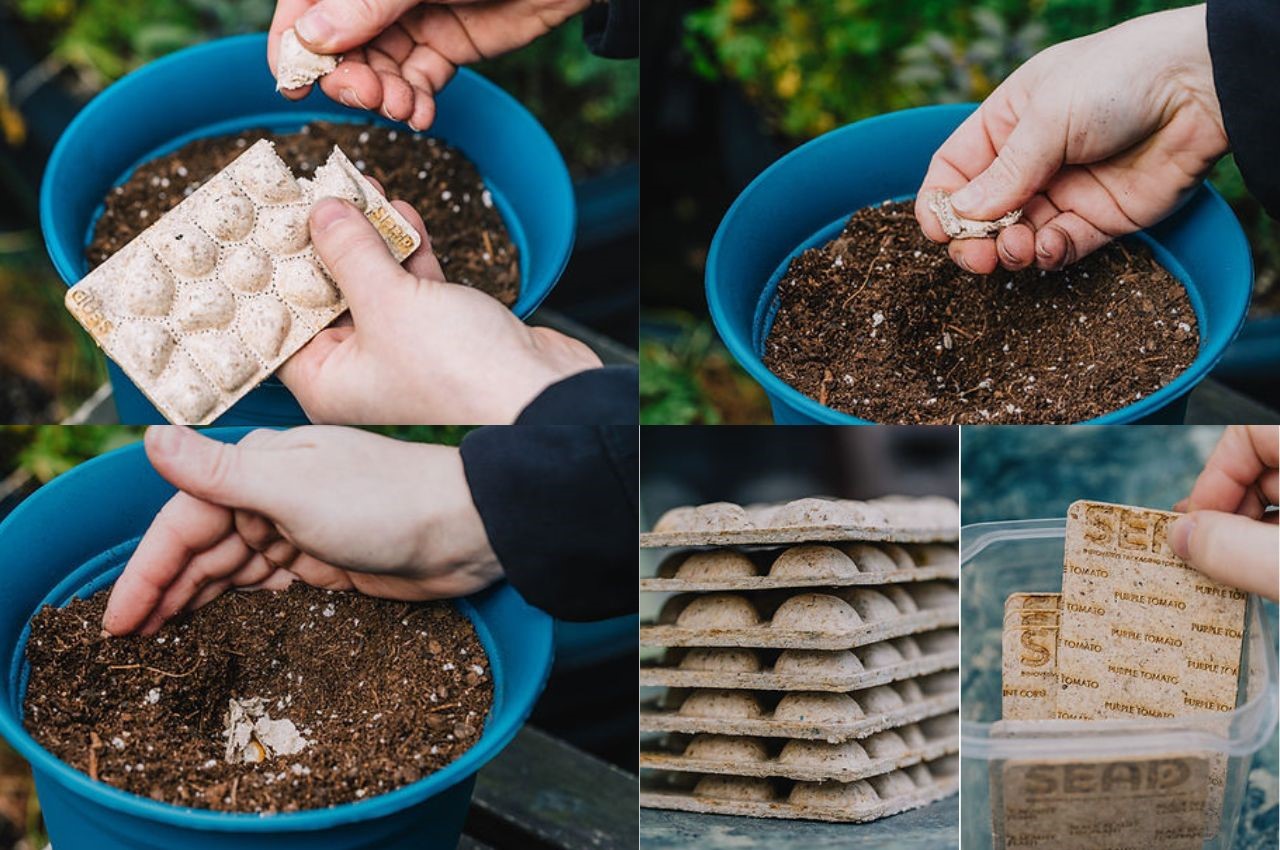
SEAD’s innovative seed packaging, crafted from discarded seafood shells, faces cultural barriers in regions like India and Mexico, where pure vegetarianism is prevalent. Mixing seafood with vegetables may encounter resistance due to dietary preferences. Convincing individuals adhering to strict vegetarian or vegan diets of SEAD’s ecological benefits requires careful communication. Despite these challenges, SEAD offers a sustainable option for open-minded consumers committed to environmental conservation. It’s crucial to acknowledge cultural sensitivities and cater to diverse preferences.
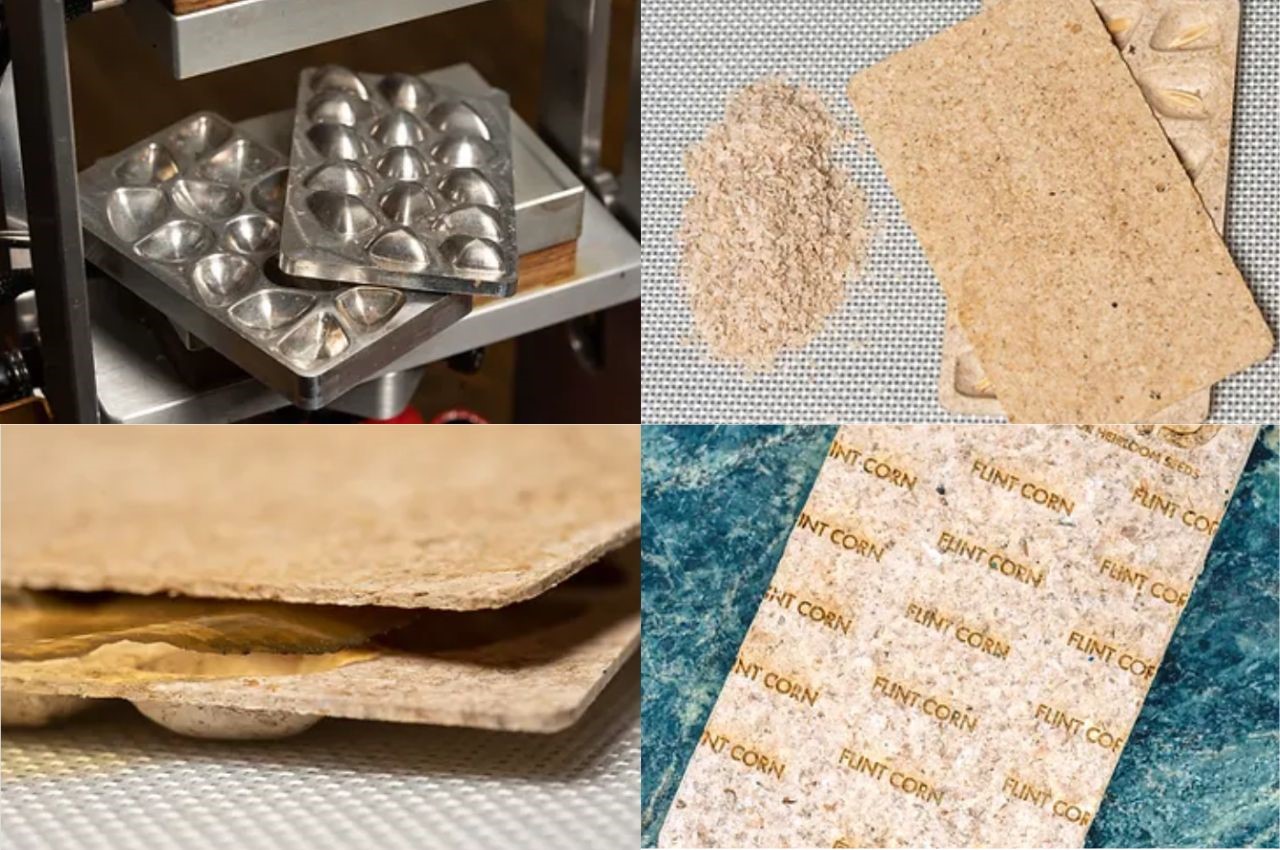
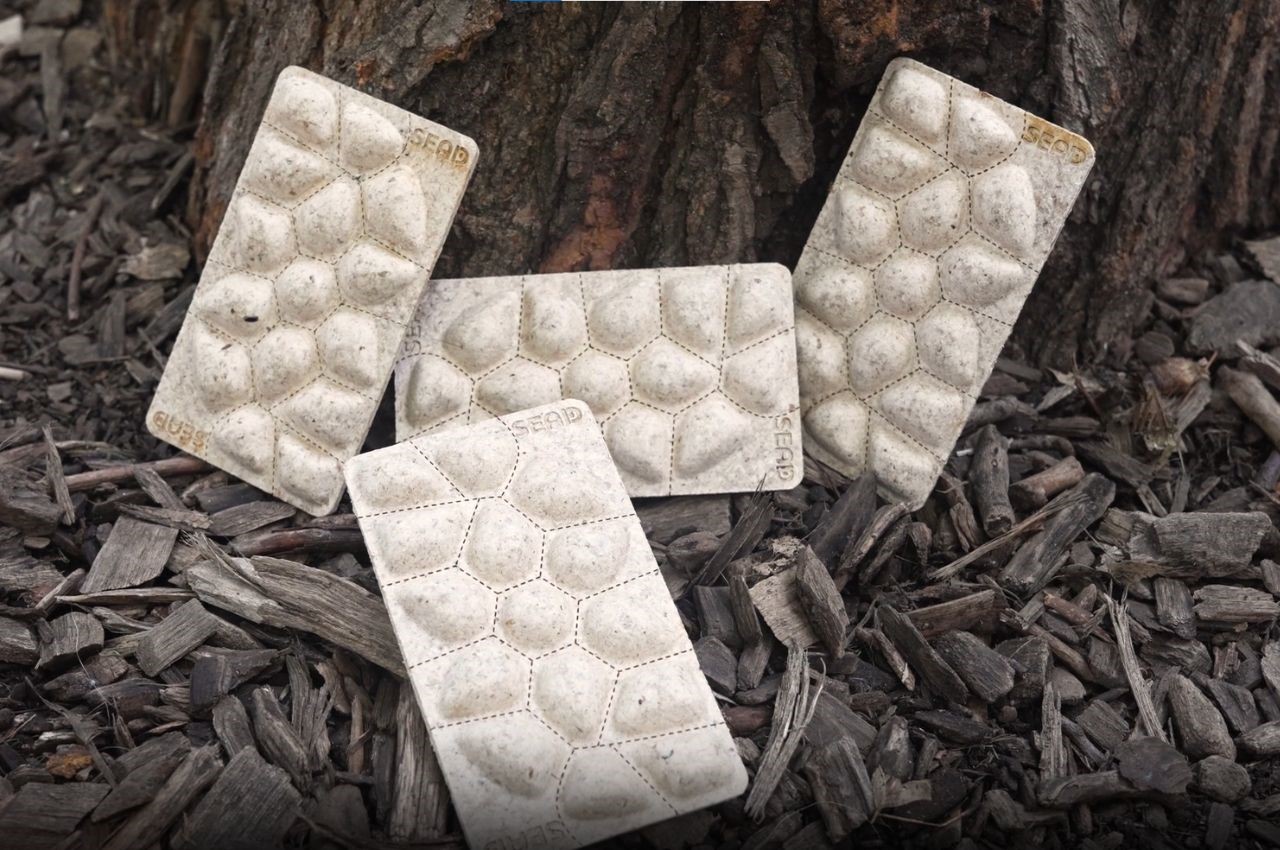
The post Eco-friendly seed-pods made from plant and seafood waste could revolutionize bio-packaging first appeared on Yanko Design.

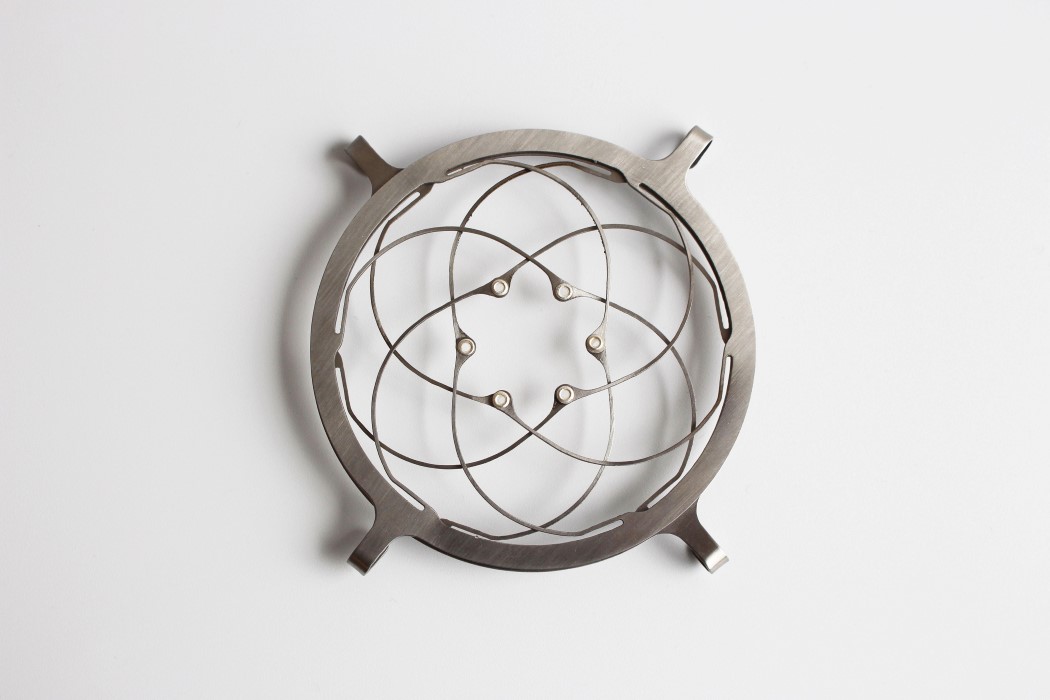
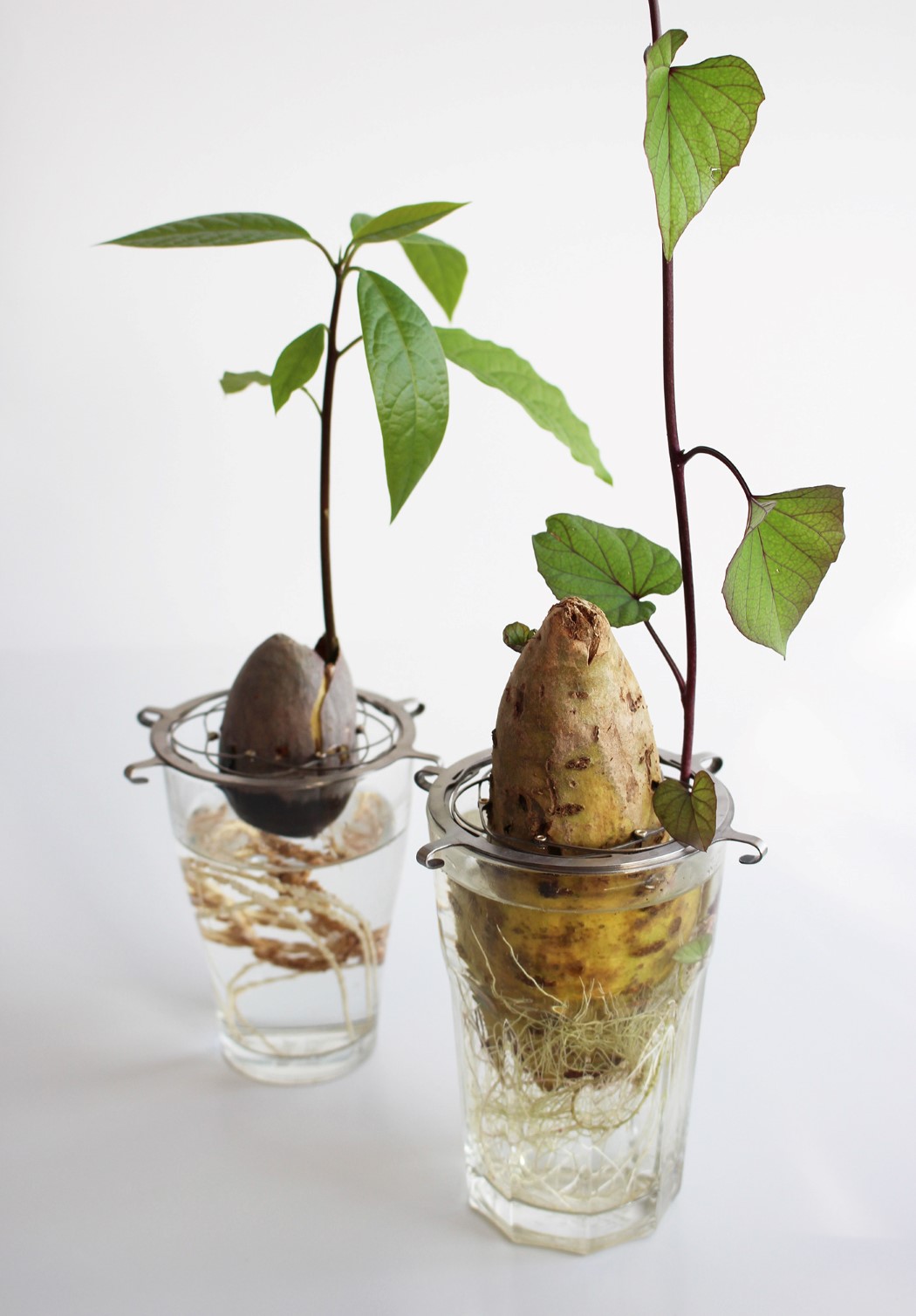
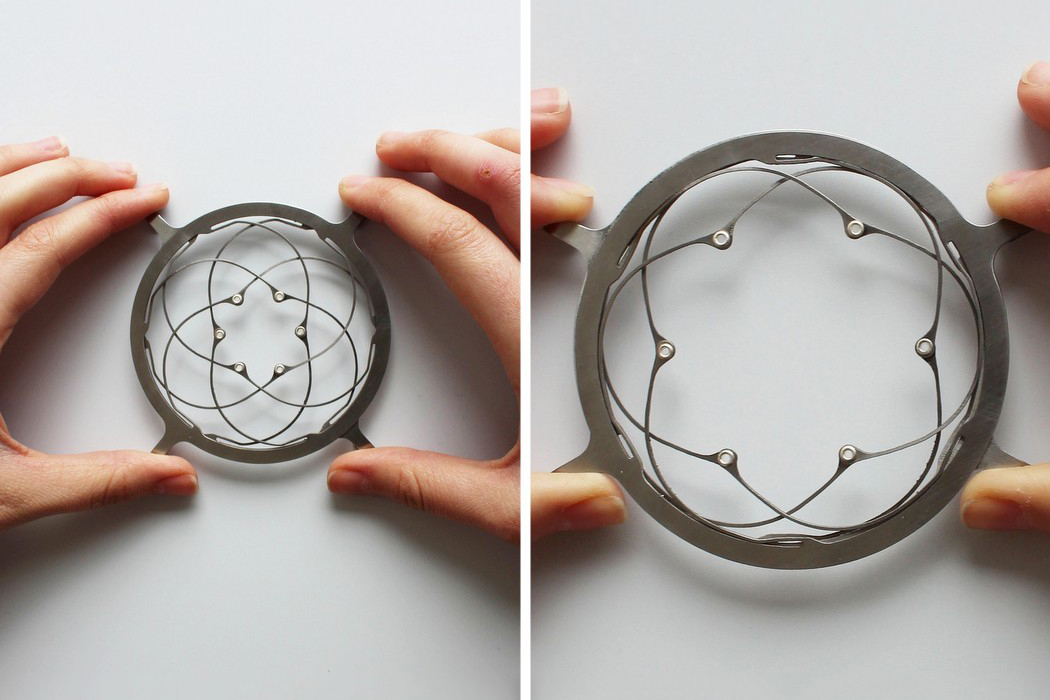
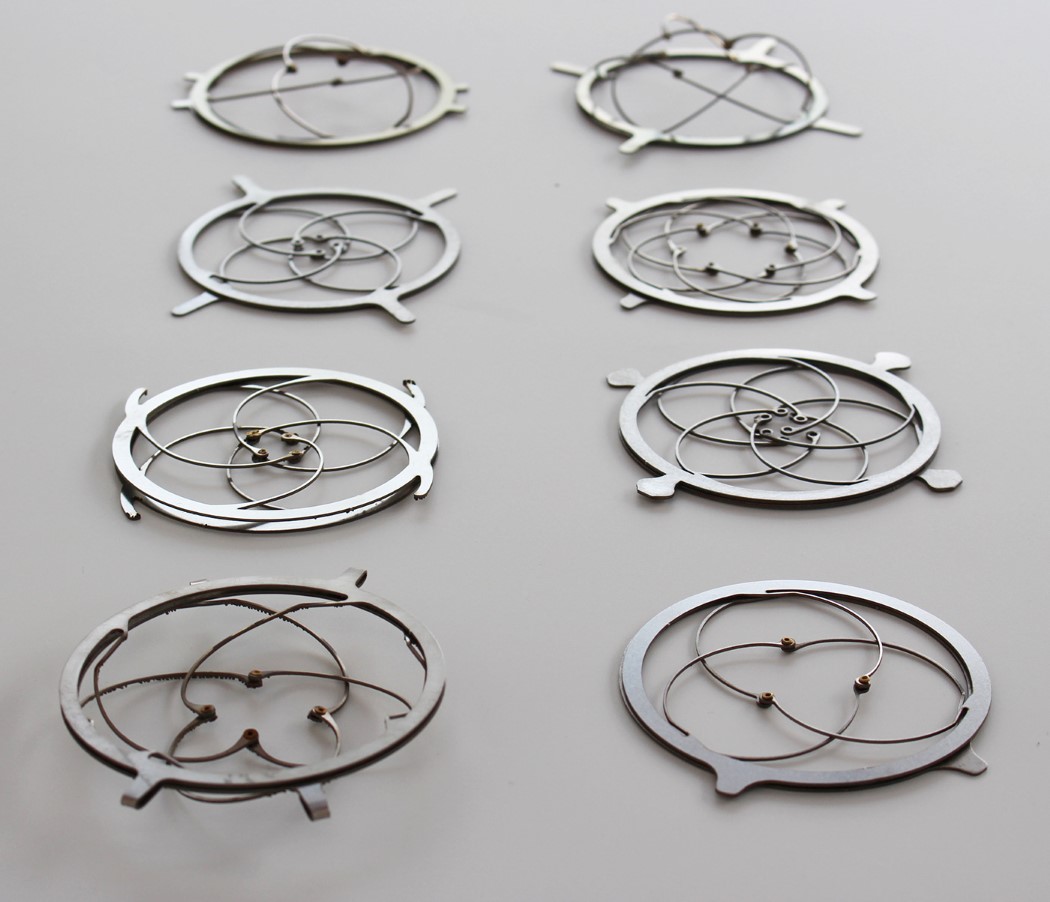
 From a distance, Seed looks like any other settlement-building game. Tiny villagers shuffle around a colorful, low-poly map, collecting wood, wheat and other important resources. At any time, you can zoom in, check the stats of individual people and...
From a distance, Seed looks like any other settlement-building game. Tiny villagers shuffle around a colorful, low-poly map, collecting wood, wheat and other important resources. At any time, you can zoom in, check the stats of individual people and...

 It's been a couple of years since AI-controlled bots fragged each other in an epic Doom deathmatch. Now, EA's Search for Extraordinary Experiences Division, or SEED, has taught self-learning AI agents to play Battlefield 1. Each character in the basi...
It's been a couple of years since AI-controlled bots fragged each other in an epic Doom deathmatch. Now, EA's Search for Extraordinary Experiences Division, or SEED, has taught self-learning AI agents to play Battlefield 1. Each character in the basi...
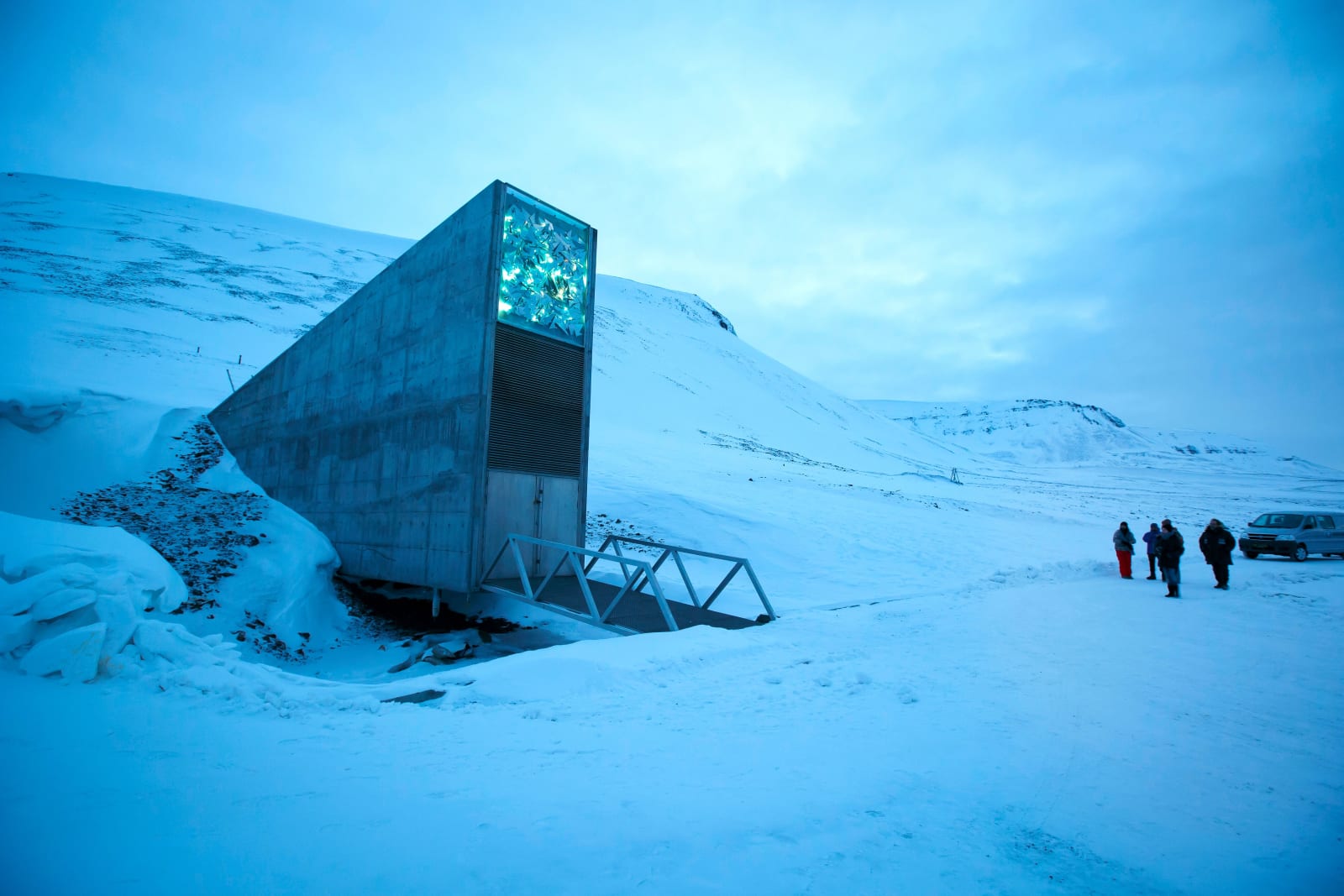 The Svalbard Global Seed Vault was designed to be a repository should the worst happen and a disaster decimate crops around the world. But it was recently breached by floodwater from surrounding permafrost that melted after the hottest year on record...
The Svalbard Global Seed Vault was designed to be a repository should the worst happen and a disaster decimate crops around the world. But it was recently breached by floodwater from surrounding permafrost that melted after the hottest year on record...


